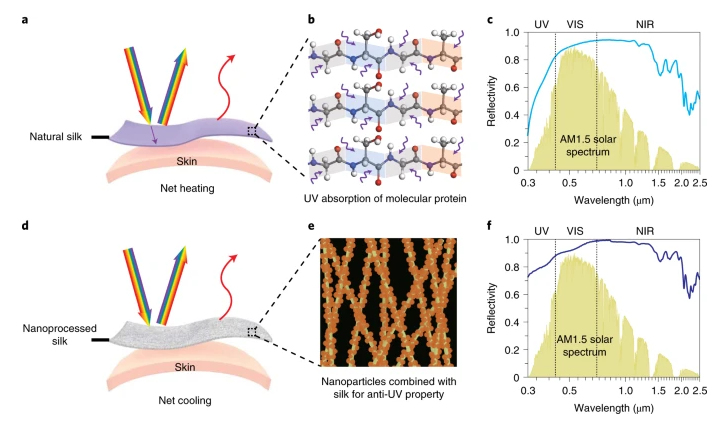The course gives a broad knowledge about physical principles operating in material science relevant for technology like in energy applications and sustainability of processes, including recovering of processes waste and wastes from productions. Metamaterials based on design at the micro and nanometer level is nowadays shifting the paradigm of replacing rare raw materials, with available low cost resources for old and new functionalities.
The potential of different classes of functional materials for energy applications and in general for reducing the carbon footprint on everyday basis level, like in carbon capturing materials , will be highlighted and challenges related to technical realizations will be discussed. Efforts on simulation and design of the materials also using supercomputing resources will afford such challenges.
The course creates the necessary awareness about the materials aspects of modern energy technologies and reuse of upcycled substitutes of raw materials.
An overview of modern theoretical and experimental concepts will be given. Strong interaction with companies at the regional and national level will represent a good opportunity for students career and scientific richness of the academic activity.
Outcomes
On the completion of the course the student should understand basic physical and chemical mechanisms operating in environment relevant materials in order to be able to:
a) evaluate main structure-property relations and how materials performance can be tailored for better functioning under particular conditions including its end of life and reuse.
b) describe main modern trends and concepts in the development of materials for clean energy production and storage, preferably with circular character of its economy and a well developed and sustainable supply chain.
c) discuss and argue about general materials aspects of modern energy and clean environment technologies.
Some example of case studies:
Energy materials for photovoltaics, charge batteries and hydrogen economy.
Biomaterials for water remediation/filtration and biocompatible environmental and biomedical sensing.
Eco-design and physical functionalization of composite materials and devices.
Science of 3D printing of materials and transformation processes.
Two examples relating materials and function can be found below:
1. sensing paper of food freshness

ACS Sens. 2019, 4, 6, 1662–1669 - Publication Date:May 8, 2019
https://www.thenakedscientists.com/articles/science-news/paper-sensor-measures-food-freshness
2. nanoengineered silk with for body cooler

https://www.thenakedscientists.com/articles/science-news/nanoengineered… (NatureNanotechnology volume 16, pages 1342–1348 (2021)).
| Typology | CFU | Course |
| Compulsory | 30 | Advanced electromagnetism (6 CFU) |
| Advanced physics laboratory (6 CFU) | ||
| Machine learning (6 CFU) | ||
| Solid state physics (6 CFU) | ||
| Theoretical physics (6 CFU) | ||
| Recommended | 30 | Experimental material science (6 CFU) |
| Fundamental of material sciences (6 CFU) | ||
| Physics of nanotechnologies (6 CFU) | ||
| Surface and chemical physics (6 CFU) | ||
| Synthesis of functional materials (6 CFU) | ||
| Elective | 12 only | Advanced spectroscopy (6 CFU) |
| Energy production and storage (6 CFU) | ||
| Environmental remediation (6 CFU) | ||
| Statistical mechanics (6 CFU) | ||
For any information about this track including specific choices of the modules please contact:
Roberto Gunnella - roberto.gunnella@unicam.it